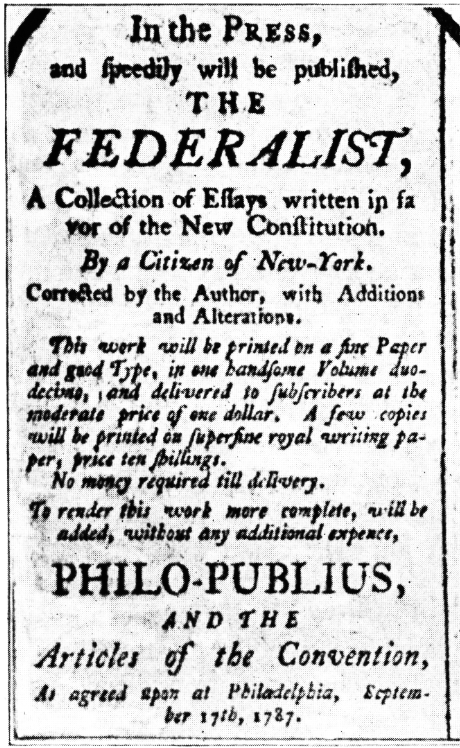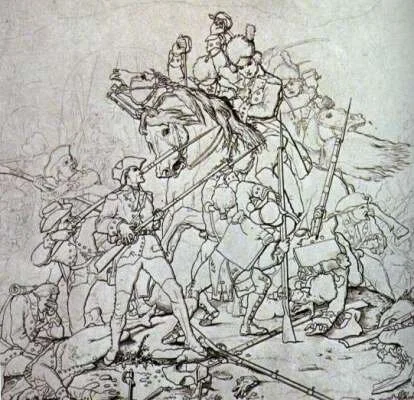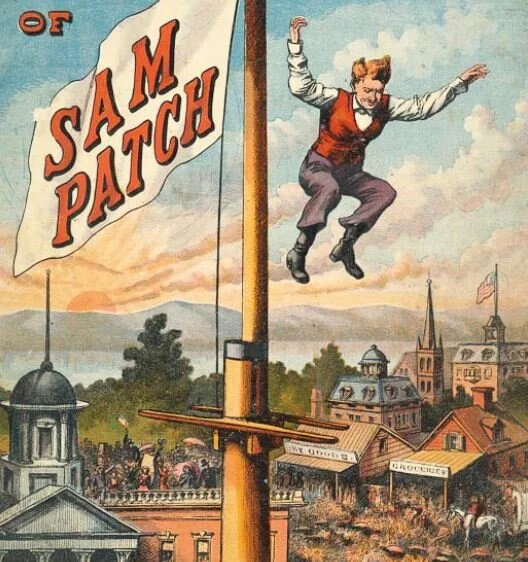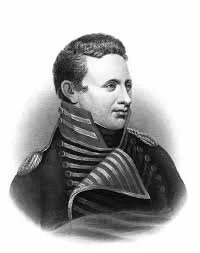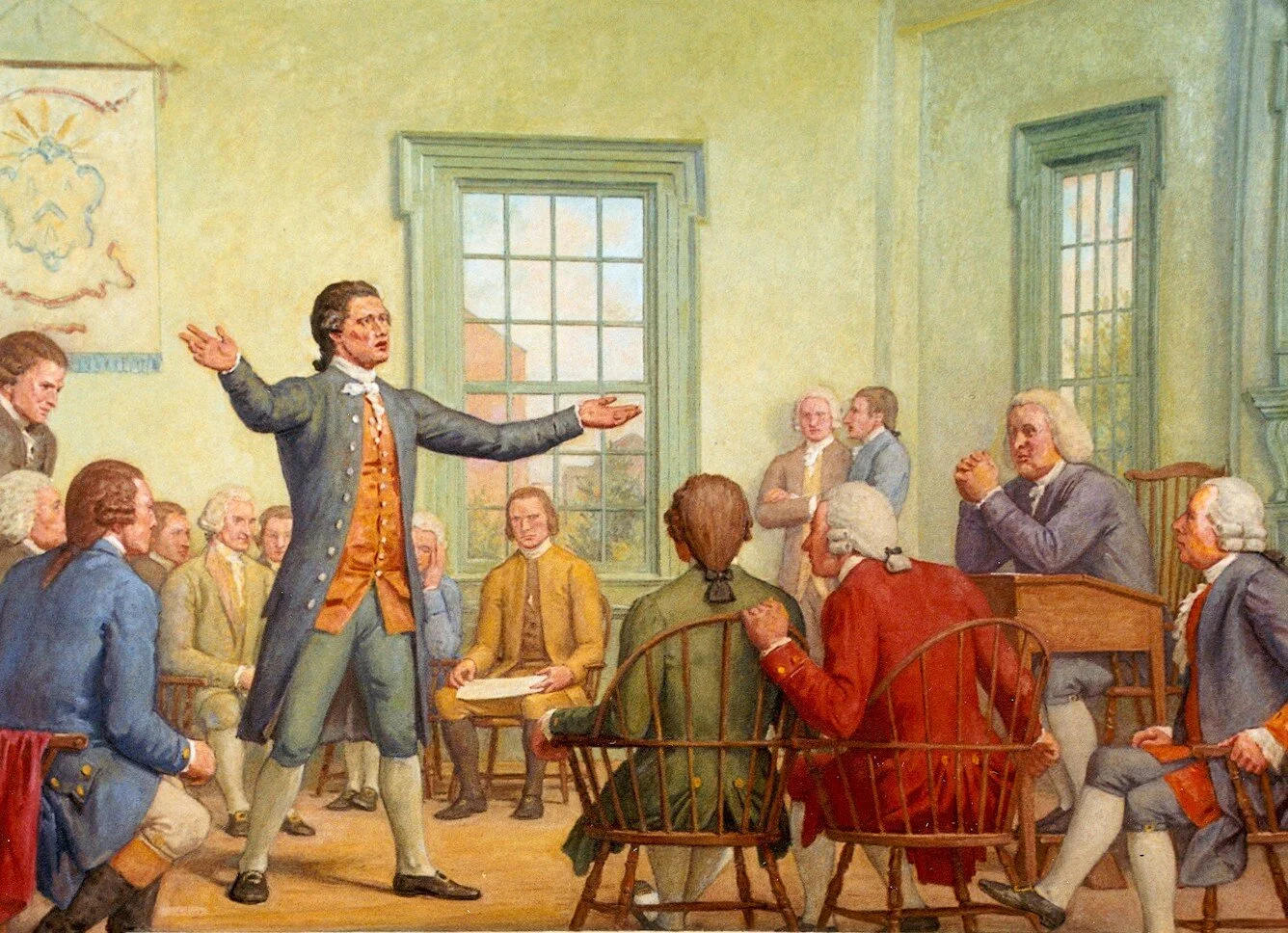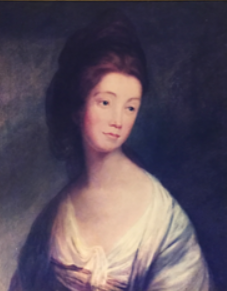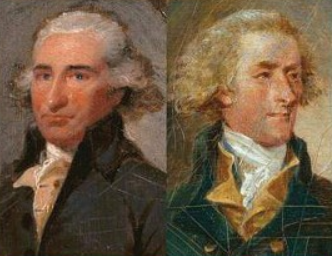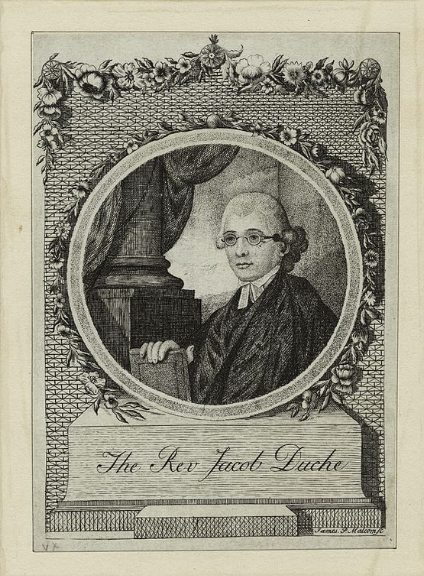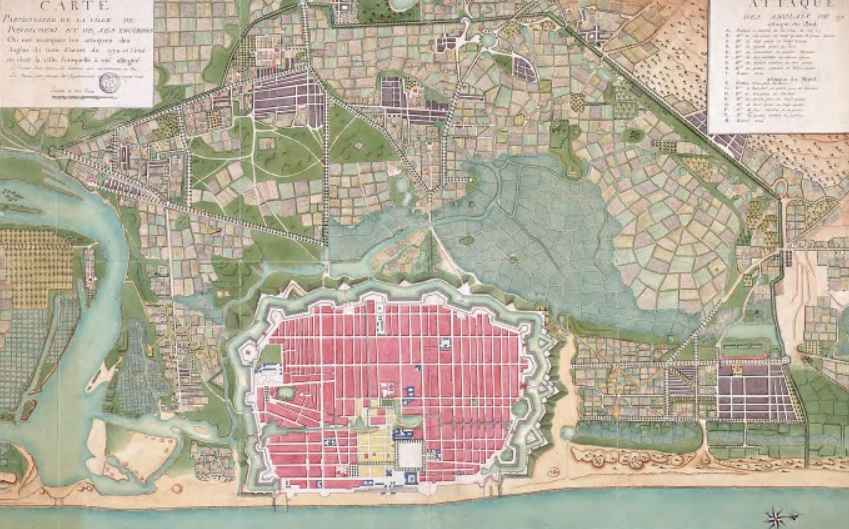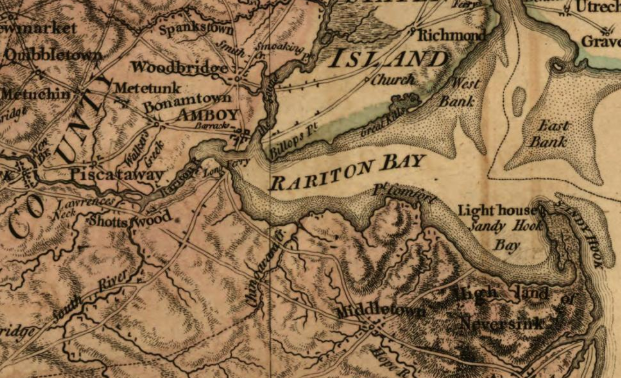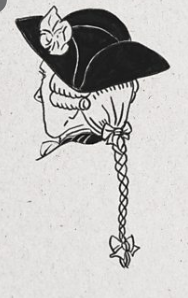In Federalist #81 Alexander Hamilton outlines the precise powers of the Federal Court system in the Constitution.
Abraham Buford and the Waxhaw Massacre
Abraham Buford was a Colonel in the Continental Army who was in command when the Patriots suffered from the Waxhaw Massacre.
William Hull and the Surrender of Detroit
William Hull was the first Governor of the Michigan Territory.
America's First Stuntman - Sam Patch the Jersey Jumper
Sam Patch was the first American stuntman.
Overshadowed by Lewis and Clark - Zebulon Pike's Expedition
Zebulon Pike led two journeys of exploration into the Louisiana Territory.
The Responsibilities of the Supreme Court - Federalist #80
In Federalist #80 Alexander Hamilton validates the powers granted to the Supreme Court.
Joseph Martin's Stations
Joseph Martin served in the State Assemblies of Virginia, North Carolina AND Georgia during the American Revolution.
Elected Mayor at the Continental Congress - Samuel Rhoads
Samuel Rhoads was elected Mayor of Philadelphia while he was attending the First Continental Congress.
Margaret Brown Stone's Afflicted Revolution
Margaret Brown Stone accompanied her Continental Congressman husband to Philadelphia, but an improper inoculation permanently effected her health.
The Top 9 American Revolutionaries Named Thomas
There sure were a lot of Tommy’s in the American Revolution.
Aging Justices - Federalist #79
In Federalist #79 Alexander Hamilton continues his argument about lifetime judicial appointments, focusing on their salaries.
William Duane Publishes a Partisan Paper - Early American Journalism
William Duane was an important newspaper editor during the American Founding.
John Fries' Rebellion - America's Third Anti-Tax Revolt
John Fries was a Continental Army veteran who started a rebellion when President Adams decided to collect taxes.
The Chaplain of the First Continental Congress - Jacob Duché
Jacob Duché gave a famous sermon on the second day of the First Continental Congress.
Lifetime Appointments for the Court - Federalist #78
In Federalist #78 Alexander Hamilton begins a series of Papers discussing the Supreme Court.
Anthony Morris, Jr - The Brewer Who Ran FROM Office
Anthony Morris, Jr ran away from Philadelphia instead of accepting the position of Mayor.
The American Revolution in India - Bellecombe and the Third Siege of Pondicherry
The Siege of Pondicherry was the farthest reaching part of the Revolutionary War...spreading all the way to India.
Victory Missed - How the Battle of Punk Hill Almost Changed History
The Battle of Punk Hill was a minor skirmish in the Revolutionary War, but could have had a major impact on the outcome had the Patriots just pushed a little father.
Thomas Butler Won't Cut His Hair
Thomas Butler fought in the Revolutionary and Northwest Indian Wars, but he is most famous for a disagreement regarding his hair style.
18th Century Bonus Content - The Federalist Takes a Break
Following Federalist #77, Publis took a two month hiatus between papers.
